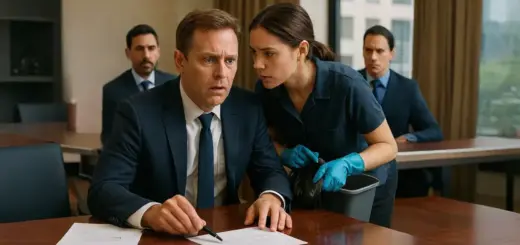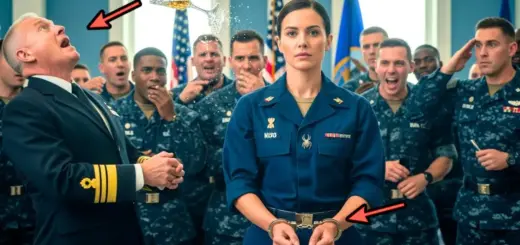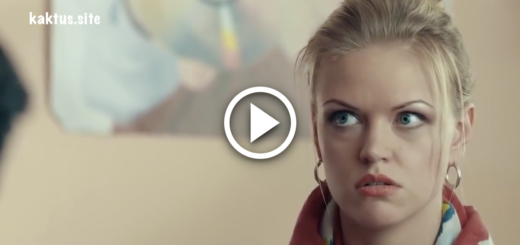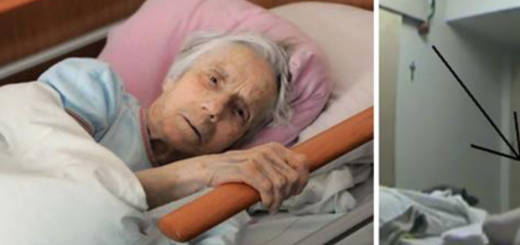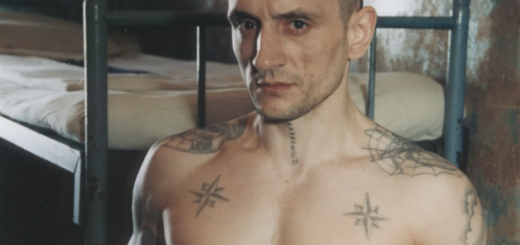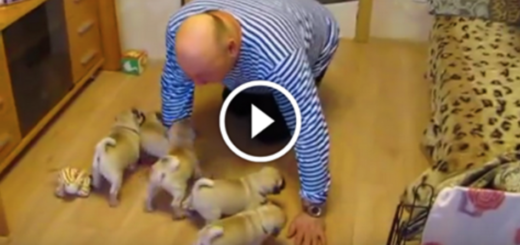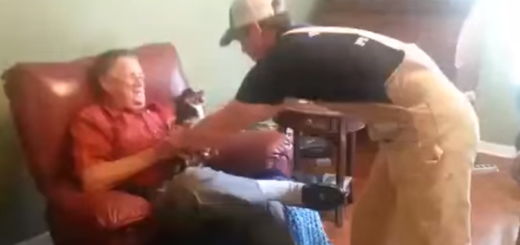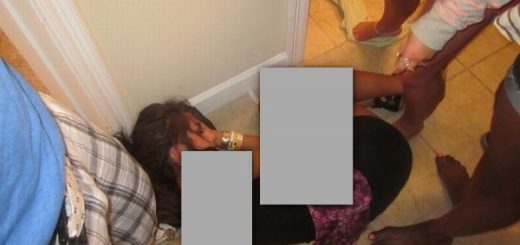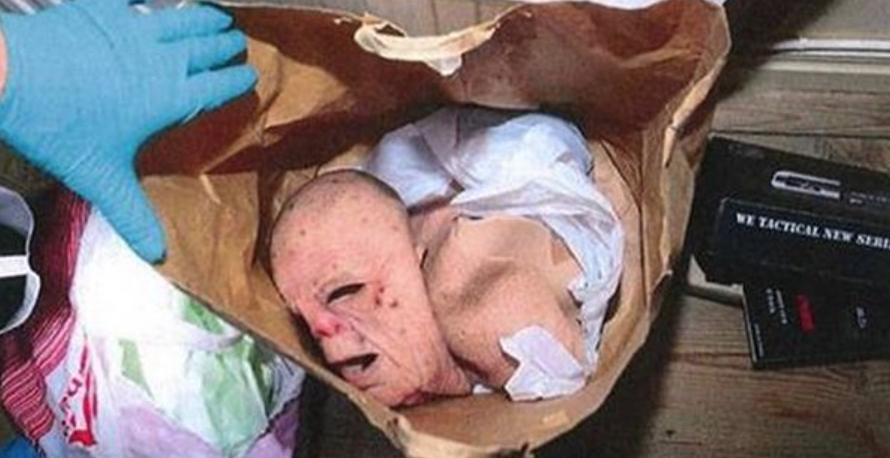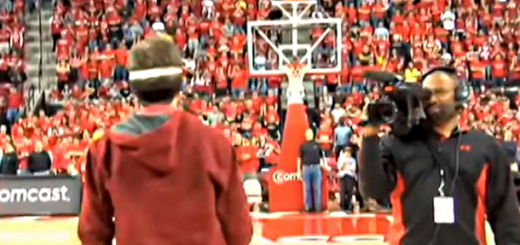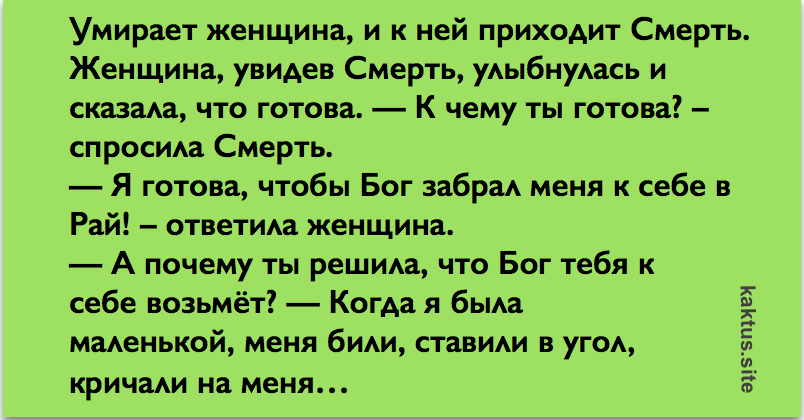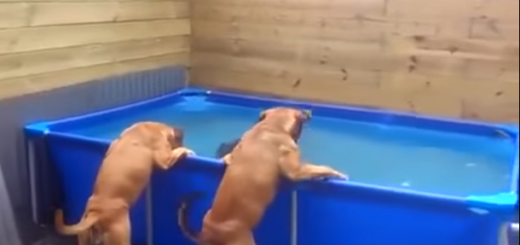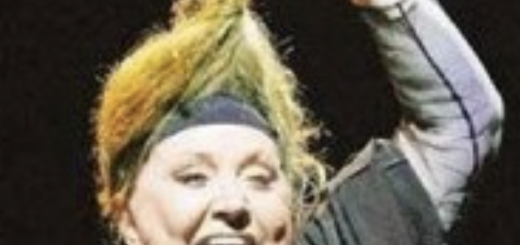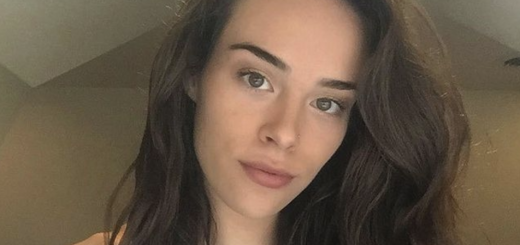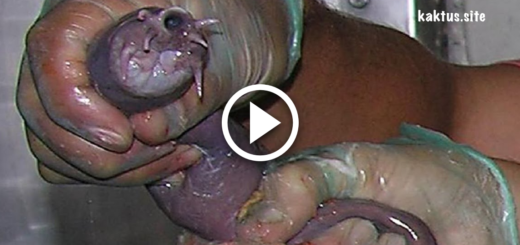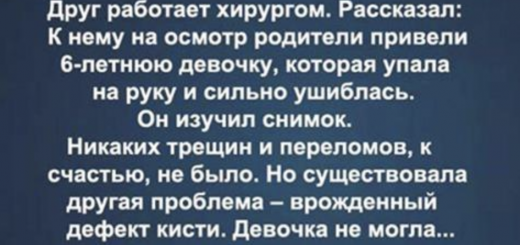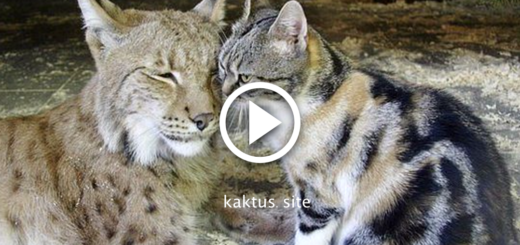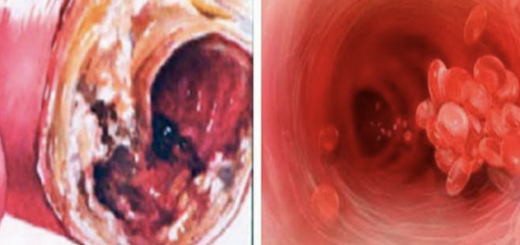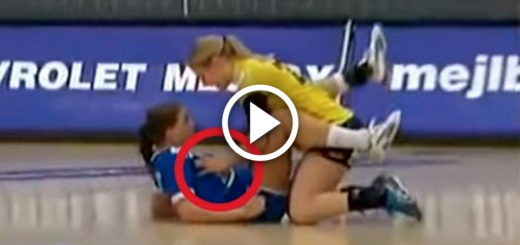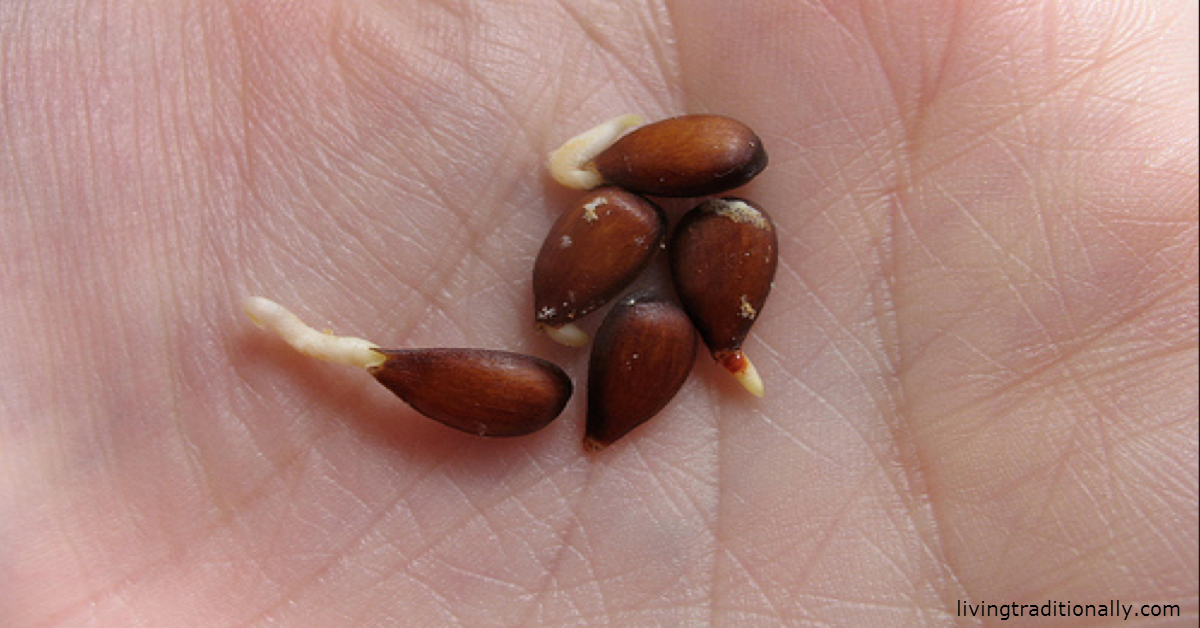The door closed behind him, leaving me alone in room 107 with a truth that would reshape everything I thought I knew about the worst year of my life.
Before everything fell apart, I had the kind of life other men envied. Not wealthy, but comfortable. Not famous, but respected. I ran Hutchins Construction in Denver, a company I’d built from nothing but a pickup truck and a toolbox my grandfather left me. We specialized in custom homes, the kind where every detail mattered.
My hands had framed hundreds of houses, but the one I was proudest of was my own. I remember the morning everything was still perfect. It was a Thursday in March, and I woke up at 5:30 a.m. like always. Melody was still asleep beside me, her dark hair spread across the pillow. Twenty years of marriage, and I still felt lucky watching her breathe.
She’d left a note on my nightstand like she did every morning: Coffee’s ready, lunch is in the fridge. Love you, Vern. Downstairs, my son Colton was already at the kitchen table, fourteen years old and built like I was at that age, all knees and elbows waiting for the rest of him to catch up. He was studying his playbook for spring football practice.
“Morning, Dad. Can you run plays with me later?”
“After work, buddy. We’ll throw the ball around until your arm gets tired.”
My daughter, Piper, came down next, carrying her violin case like it contained gold. She had my mother’s musical talent and Melody’s determination. At fourteen, she was already first chair in the high school orchestra, despite being the youngest member.
“Dad, the spring concert is next month. You’ll be there, right?”
“Wouldn’t miss it for the world, sweetheart.”
This was our routine. Breakfast together, everyone talking over each other. Melody packing lunches while reminding us about dentist appointments and soccer practices. I’d kiss everyone goodbye and head to work, where my crew would already be loading trucks.
Chester Pike, my foreman for eight years, would hand me the day’s schedule. “Vernon, we got the Riverside property framing today, and Mrs. Patterson wants to change her kitchen layout again.”
“Third time this month?”
“Fourth, but who’s counting?”
We’d laugh because that’s what you did. You dealt with difficult clients and weather delays and lumber shortages, and you built something beautiful anyway. My crew was solid—eight men who showed up early and stayed late when needed, men who took pride in doing things right the first time.
My father, Earl Hutchins, would stop by the job site sometimes. Seventy-three years old and still built like a linebacker, he’d run Hutchins Construction before me, back when everything was done with hand tools and sweat. He’d walk through my projects, running his hand along the framing, checking corners with his practiced eye.
“Good work, son. Your grandfather would be proud.”
“Thanks, Dad.”
“Your mother wants you all over for Sunday dinner,” he’d add. “Don’t be late.”
Sunday dinners at my parents’ house were sacred. My mother, June, would cook enough food for an army. My brother, Dalton, would show up with his wife and three kids. We’d eat until we couldn’t move, then sit on the back porch while the kids played in the yard.
Dalton worked as a mechanic and had grease permanently embedded under his fingernails, but he could fix anything with an engine. “Vern, you ever think about expanding? Maybe getting into commercial properties?”
“Nah, I like knowing the families who’ll live in what I build,” I’d say. “It’s personal, you know?”
Melody would help Mom with the dishes, their laughter drifting through the kitchen window. They’d been close since high school, when I first brought her home. Mom had pulled me aside that night and said, “That one’s special, Vernon. Don’t mess it up.” I hadn’t, or at least I thought I hadn’t.
The Tuesday that changed everything started like any other. Melody had been tired lately, complaining about some stomach pain. I’d been after her to see a doctor, but she kept putting it off. Then she called me at work, crying so hard I could barely understand her.
“Vern, I’m at the hospital. They found something. Can you come?”
I left Chester in charge and drove to Denver General, breaking every speed limit. I found Melody in the oncology ward, still in a paper gown, mascara streaked down her cheeks. Dr. Harrison Vance stood beside her, tall and serious in his white coat.
“Mr. Hutchins, your wife has stage-three ovarian cancer,” he said. “We’ll need to start aggressive treatment immediately.”
The words hit like a sledgehammer to the chest. Cancer—the same thing that took my grandmother, my uncle, and Melody’s father. I sat down hard in the visitor’s chair while Dr. Vance explained treatment options, survival rates, and costs. The numbers blurred together; all I could focus on was Melody’s hand in mine, trembling like a bird.
In the parking garage afterward, she broke down completely. We sat in my truck while she sobbed against my chest, her fingers clutched in my work shirt. “I don’t wanna die, Vern. I wanna see our kids graduate, get married, and have babies. I want to grow old with you.”
I held her face in my calloused hands and looked straight into those green eyes I’d fallen in love with at seventeen. “Baby, I’d sell my soul to keep you here. We’re going to beat this thing. Whatever it takes, whatever it costs, we’re going to win.”
She kissed me then, desperate and frightened. “Promise me, Vern. Promise me you won’t let me die.”
“I promise, Mel. I swear on everything I am, everything I have, you’re going to survive this.”
That night, after the kids were asleep, we sat at our kitchen table with insurance paperwork spread out like a map to hell. Coverage limits, deductibles, experimental treatment exclusions—the numbers were staggering. Insurance would cover $60,000; the rest would be on us.
“We’ll figure it out,” I told her. “The house has equity, the business is doing well. We have options.”
She squeezed my hand. “I love you, Vernon Hutchins.”
“I love you too, Melody. We’re going to get through this together.”
Looking back now, knowing what I know, I can see the signs I missed: the way she turned away when she said she loved me, the calculation in her eyes when we discussed selling assets, the quick phone call she made to someone she claimed was her sister, though her sister lived in Seattle and it was past midnight there. But that night, all I saw was my wife, terrified and fragile, needing me to be strong. So I was strong. I made plans and spreadsheets and lists of everything we could sell. I was ready to move heaven and earth, because that’s what you do for family.
The bills started arriving two weeks after Melody’s diagnosis. Each envelope felt heavier than the last. I’d sit at the kitchen table after everyone was asleep, calculator in hand, trying to make the numbers work. They never did. The first bill was for $47,000 for diagnostics and initial consultations. Insurance covered $12,000. I emptied our savings account and paid the rest.
Melody found me staring at the bank statement the next morning. “Vern, this is too much. Maybe we should get a second opinion, find a cheaper option.”
“There is no cheaper option for stage three, Mel. Dr. Vance is the best. That’s what you need.”
She kissed my forehead, and I should have noticed she was already showered and dressed at five in the morning. “I have treatment at nine. You don’t need to come. Focus on work.”
“I want to be there with you.”
“No, really, I’ll be fine. Someone needs to keep making money, right?”
The construction business was doing well, but not well enough. I had three houses under contract, but construction meant paying crews and suppliers before getting paid yourself. Cash flow was tight on a good day, and these weren’t good days anymore. Chester Pike noticed the stress first.
“Boss, you okay? You’ve been distracted lately.”
“Melody’s sick, Chess. Cancer.”
His face went white. Chester had lost his wife to breast cancer five years earlier. “Jesus, Vern. What do you need?”
“A miracle, or about $300,000. Same thing these days.”
He paused. “I’ve got $20,000 saved. It’s yours.”
“I can’t take your money, Chess.”
“You gave me a job when nobody else would, right after Beth died. I was a drunk mess, and you took a chance. Take the money, Vern.”
I took it. Pride is expensive when your wife is dying. The second round of bills came with Dr. Vance’s recommendation for an experimental treatment.
“There’s a new drug combination showing remarkable results,” he explained in his pristine office. “It’s not FDA-approved yet, so insurance won’t cover it, but I’ve seen tumors shrink by seventy percent.”
“How much?” Melody asked, gripping my hand.
“The treatment protocol is approximately $180,000.”
Melody started to object, but I cut her off. “We’ll find it.”

